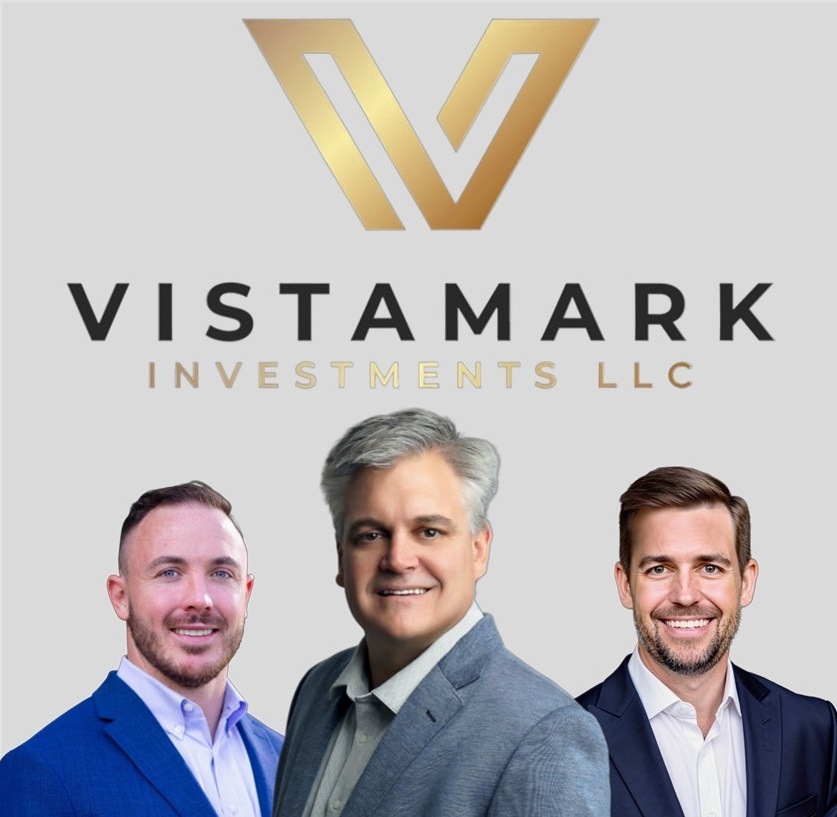We founded Vistamark Investments LLC because we knew that clients and institutions deserve a new standard of partnership. Our careers have given us an insider’s perspective on how much the industry needed to evolve. We saw firsthand how investment firms too often fall back on “off-the-shelf” solutions, ignore experience-driven innovation, and fail to build around what investors and organizations truly need. Vistamark isn’t just an advisor practice—it’s a purpose-built, full-service investment platform that blends world-class research, technology, and bespoke client service.
Our name reflects our philosophy: Vistamark stands for the Vista of Insight and the Mark of Excellence. We’re driven to offer a broad perspective on each client’s financial landscape—paired with relentless standards and an unwavering commitment to best-in-class results. Every relationship, every investment strategy, every partnership is held to our mark of excellence.






